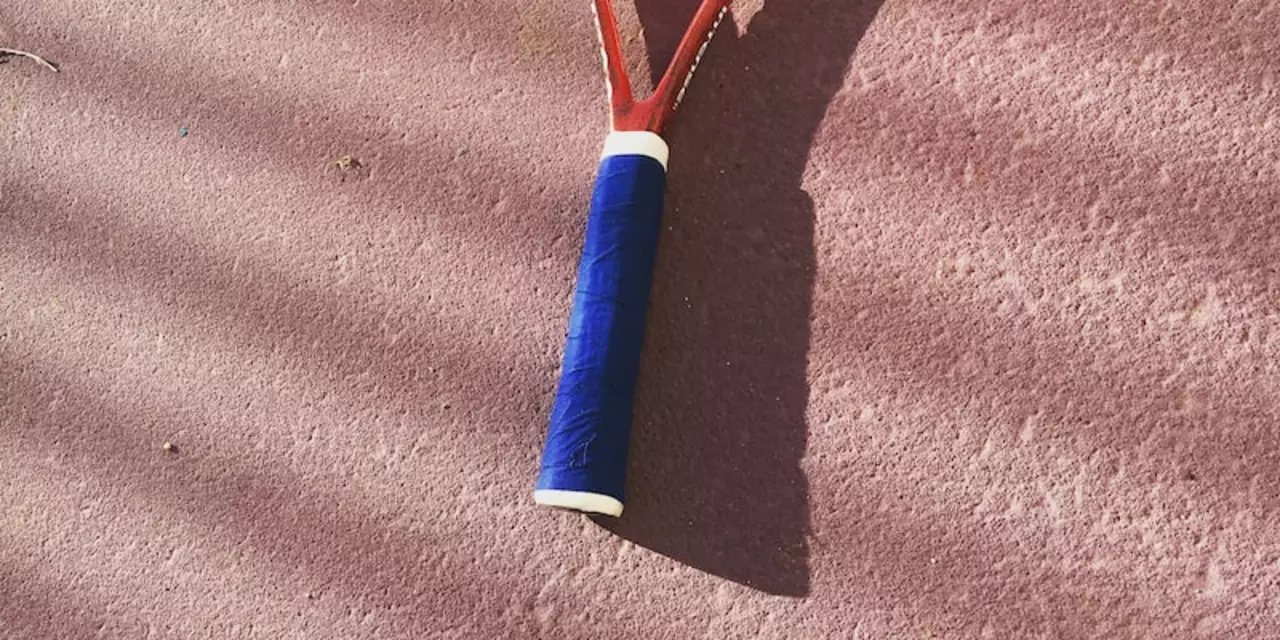Corruption in Sports: What It Is, Why It Matters & How to Spot It
When you hear the word “corruption” you probably think of politics or big‑business scandals. But it creeps into the world of sports too, and the effects hit everyone – from star athletes to the fans in the stands. Let’s break down what sports corruption looks like, why it’s a big deal, and what you can do to call it out.
At its core, sports corruption is any illegal or unethical behavior that changes the natural outcome of a game, competition, or organization. The most common flavors are match‑fixing, illegal betting, doping, and financial fraud within clubs or governing bodies. Each of these cheats the system, erodes trust, and can ruin careers.
How Corruption Shows Up on the Field
Match‑fixing is the classic example. A player, referee, or official is paid to influence the result – whether that means deliberately losing a game or ensuring a specific scoreline. This often happens behind closed doors, with betting rings monitoring every move. Doping is another headline‑grabber; athletes use banned substances to boost performance, then hide the results with sophisticated masking techniques.
Financial corruption can be less obvious but just as harmful. Think of club owners embezzling funds, ticket‑scaling schemes, or federation officials taking kick‑backs for awarding contracts. These practices drain resources that could otherwise improve facilities, youth programs, or player welfare.
Why It Matters to You
Corruption isn’t just a headline; it directly impacts the quality of competition you love. When games are rigged, the excitement of a genuine upset disappears. Doping scandals strip away the credibility of record‑breaking performances – was that world record really earned, or was it a chemical boost?
Fans also suffer financially. Illegal betting markets thrive on corrupt outcomes, drawing money away from legitimate sportsbooks and sometimes pulling unsuspecting fans into legal trouble. Moreover, when clubs lose money to fraud, ticket prices can rise, and community projects may be cut.
On a personal level, athletes caught in scandals often face bans, loss of endorsements, and a tarnished legacy. Young players looking up to role models can become disillusioned, thinking success is tied to cheating rather than hard work.
So, what can you do to spot and fight corruption?
- Watch for suspicious patterns. Sudden, uncharacteristic losses, especially when large bets are placed on the underdog, raise red flags.
- Listen to whistleblowers. Leaked documents, insider interviews, and credible journalists often expose hidden schemes.
- Check official test results. Sports bodies publish doping test outcomes. If an athlete repeatedly avoids testing or gets a sudden exemption, it’s worth a second look.
- Support transparent clubs. Teams that publish financial statements, governing board minutes, and have independent audits are less likely to hide shady deals.
- Report concerns. Most federations have hotlines or email contacts for anonymous tips. Your tip could trigger an investigation.
Governments and sports organizations are also stepping up. New regulations require stricter monitoring of betting markets, heavier penalties for match‑fixers, and more frequent doping tests. Education programs now teach athletes about the long‑term damage of cheating, both to their health and their reputation.
Ultimately, clean sport depends on a community that refuses to look the other way. By staying informed, questioning odd outcomes, and speaking up when something feels off, you help keep the game fair for everyone.
Corruption may be a tough opponent, but it’s not unbeatable. Together, fans, athletes, and officials can push for transparency, enforce rules, and restore the excitement that makes sports worth watching.
Sports events can sometimes be manipulated by unscrupulous people, and it is important to know which sports are the easiest to fix. Football is the most popular and profitable sport, and as such it is the most likely to be targeted for match fixing. Basketball and tennis are also highly vulnerable to match fixing, due to the lack of regulation and the large number of matches played. Cricket is also a sport that is vulnerable to manipulation due to its unique scoring system and the fact that it relies heavily on the opinions of umpires. Horse racing, on the other hand, is more difficult to fix due to its strict security systems and regulations. In conclusion, football, basketball, tennis, and cricket are the sports that are most vulnerable to match fixing.
View Details

